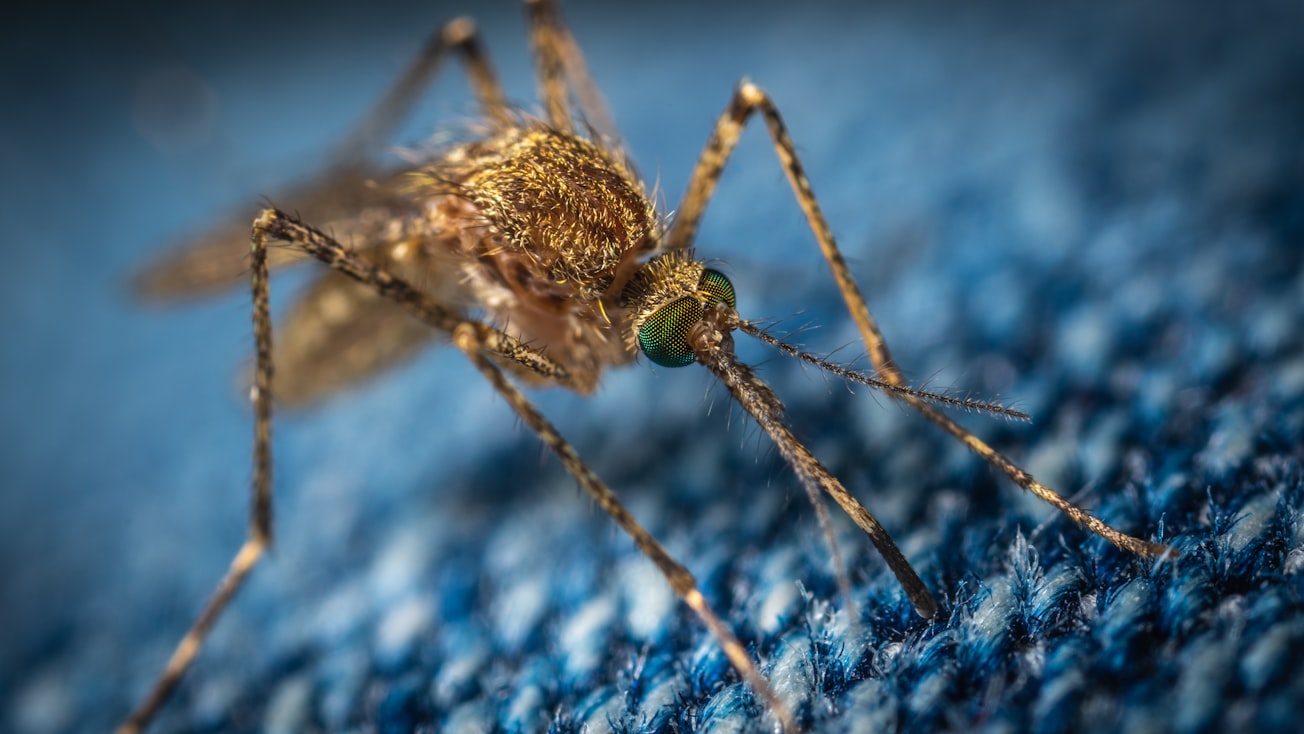What is it about?
Mosquito female reproduction depends on juvenile hormone (JH), synthesized from inactive precursors through methylation and subsequent epoxidation. The latter occurs in insects but not in earlier-diverging arthropod lineages such as crustaceans. Our work on genetic knockout mosquitoes lacking either the methylating or the epoxidating enzyme revealed a vital requirement of JH precursor methylation for mosquito development and a key contribution of JH epoxidation to reproductive fitness. Both sexes underperformed in reproduction when deprived of the epoxidated hormone.
Featured Image

Photo by Егор Камелев on Unsplash
Why is it important?
This finding advances our understanding of mosquito reproductive endocrinology. More generally, our data unveil the importance of JH epoxidation as an evolutionary innovation improving the reproductive performance and increasing the success of insects.
Read the Original
This page is a summary of: Epoxidation of juvenile hormone was a key innovation improving insect reproductive fitness, Proceedings of the National Academy of Sciences, October 2021, Proceedings of the National Academy of Sciences,
DOI: 10.1073/pnas.2109381118.
You can read the full text:
Contributors
The following have contributed to this page







